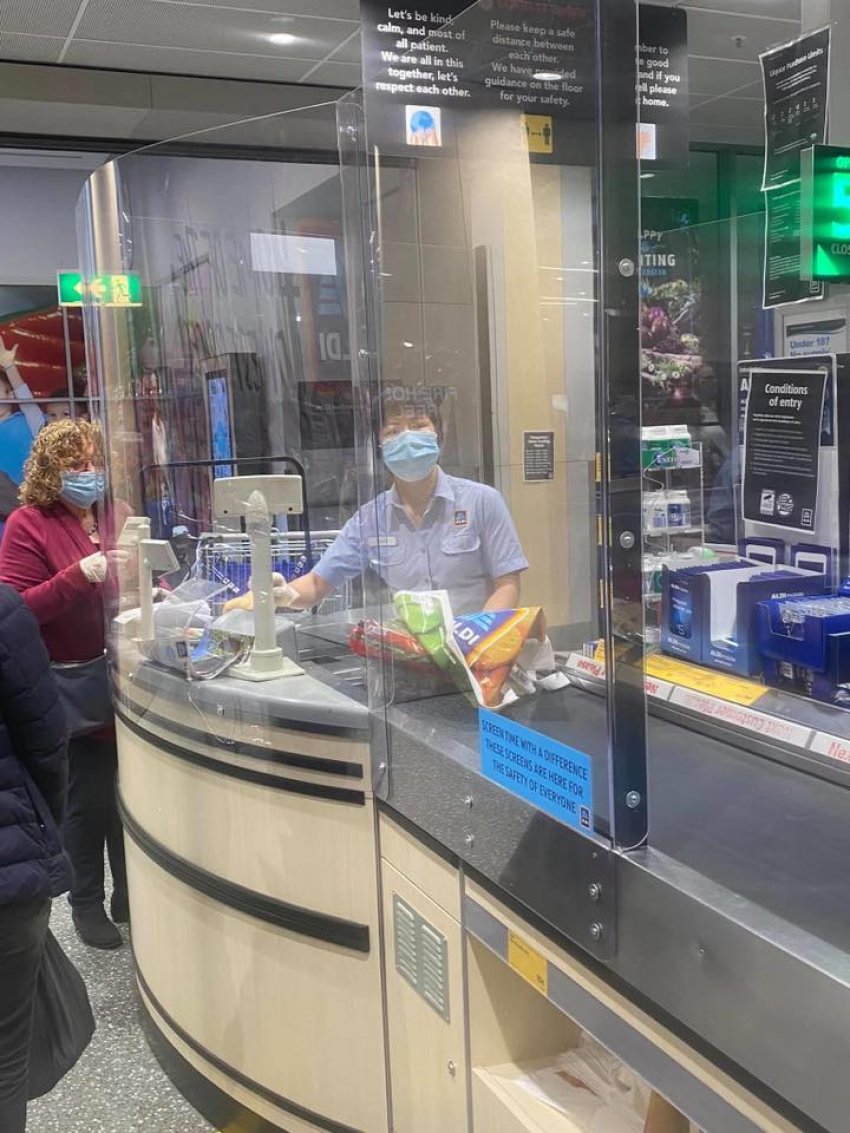
The federal government’s JobKeeper package, passed on April 8, will be a relief for about 6 million workers, but will leave more than a million people to fend for themselves in the COVID-19 economic and health crisis.
After amendments proposed by the Labor opposition to include 1.1 million more casual workers and temporary visa holders failed in the House of Representatives, it voted for the bills in both chambers.
Labor did not support the Australian Greens’ attempts to extend the package to include casual workers who had worked in their current job for less than 12 months, those on the disability support pension or carers payment, those on temporary working visas, and international students. The Greens estimate that half of the million casual workers that JobKeeper is abandoning are under the age of 24.
Changes to the Fair Work Act authorise payments, managed by the Australian Tax Office (ATO), to employers to be passed on to employees so that they are retained on the books for up to six months.
The $130 billion stimulus package — the biggest government expenditure in Australia’s history — is aimed at tackling the economic crisis arising from COVID-19. More than 750,000 businesses have so far registered with the ATO to access the scheme.
Although payments will not begin until May, they will be backdated to the end of March. This delay will cause immense hardship for millions of workers and families who still have to cough up rent and mortgages, and pay food and utility bills.
The one-day parliamentary sitting is the last session scheduled before August.
Meanwhile, a Labor-led Senate committee was established to monitor the federal government's response to the coronavirus crisis, with its final report due by June 22.
Australian Council of Trade Unions (ACTU) secretary Sally McManus said on April 7, prior to the JobKeeper package passing, that unions are “concerned that several employer groups had been advocating for a widespread removal of workers’ rights akin to Work Choices”. She said changes to the Fair Work Act would “over-ride the ability of employers and employees and their representatives to negotiate appropriate, measured and time-limited changes” as has been the case since the beginning the COVID-19 pandemic.
She noted that the union movement had managed to ensure that the changes to the act were: time-limited; applied only to employers eligible for the JobKeeper payment; protected the legal hourly rate of pay for workers and not artificially capped at the $1500 a fortnight wage subsidy; allowed variations in working conditions only after consultation; and allowed any dispute to be arbitrated by the Fair Work Commission.
McManus said the ACTU remains “opposed to the restrictive eligibility rules” which exclude many casuals and visa workers who have lost or face losing their jobs. “They should also be eligible to receive the payment as they face no less a financial struggle, and should be supported to keep their jobs and connections to employers when this crisis is over.” She said the ACTU would continue to campaign to have these workers covered by the JobKeeper payment.
The Socialist Alliance issued an emergency COVID-19 action plan on April 5 aimed at confronting the coronavirus crisis head-on. It said that all livelihoods must to be protected.
“To make sure no one falls through the safety net, the government must pick up the tab," Socialist Alliance said. "Lock in a wage subsidy program to ensure all workers — full-time, part-time, casual, sole trader, self-employed, visa workers and any worker that is stood down — maintain their ordinary-time wage during the crisis. Additional paid sick leave must be guaranteed or all workers who need to self-isolate.”
The Socialist Alliance warned that “the COVID-19 crisis is a perfect opportunity for unscrupulous employers to sack workers and cut back wages and conditions”. It called for a ban on sackings “with harsh penalties against employers who seek to exploit the crisis to get workers off the payroll”.
The Socialist Alliance plan provides a framework to critically assess the JobKeeper scheme, and presents ideas for the next phase of the workers’ rights struggle. To protect the livelihoods, jobs, wages, conditions and democratic rights of working people, and despite current restrictions on public, large-scale political and industrial action, the labour movement will have to find ways to mobilise to defend and extend these rights.
The JobKeeper package represents some limited gains for workers, but it also includes some serious problems.
Together with the JobSeeker scheme, which raises the unemployment benefit to $1100 a fortnight, the new programs represent an absolute minimum living allowance for working people. But too many workers are left out and unscrupulous bosses may rort the JobKeeper subsidy.
When the coronavirus crisis eases, the union movement will face a challenge to retain some of the financial benefits, but we will also need to confront and defeat the inevitable attempts by the employer class and their governments to permanently undermine wages, conditions and democratic rights.
[Jim McIlroy is a retired public servant and life-long unionist.]